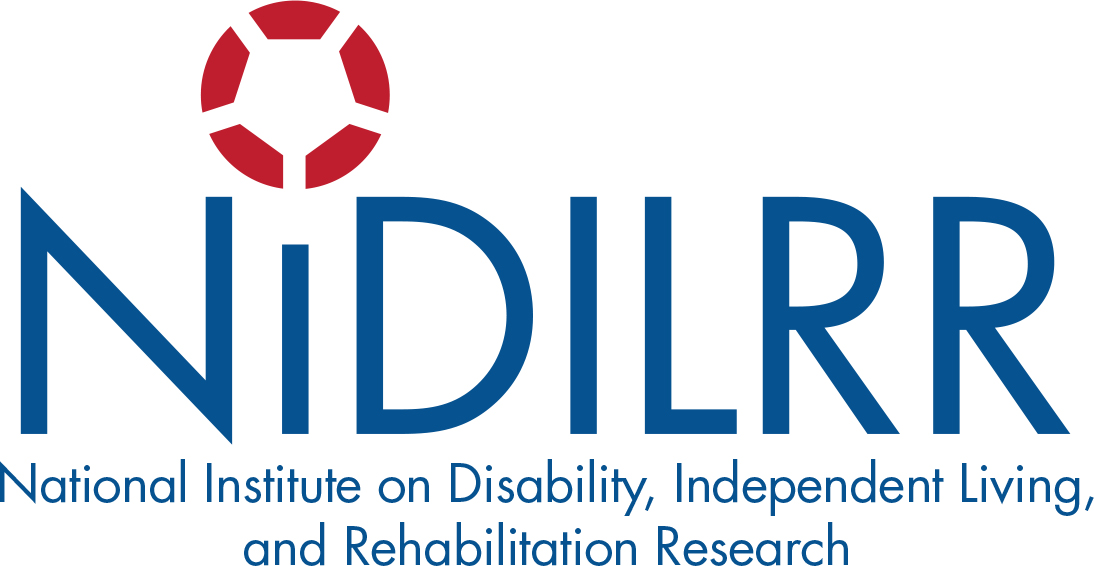This Spinal Cord Injury Model Systems factsheet offers suggestions on finding, interviewing, funding, and managing a personal care attendant. (en español)
Caring for a Family Member with Spinal Cord Injury Can Be Both Challenging and Rewarding
A recent NIDILRR-funded study (Developing a Relevant Instrument to Assess Caregiver Distress and Benefit in Spinal Cord Injury) looked at both the negative and positive aspects of caring for a family member with SCI and how caregivers cope with the demands of caregiving. Part of the Research In Focus series from the National Rehabilitation Information Center (NARIC)
Managing Personal Caregivers: A Panel Discussion (video)
Four individuals with cervical spinal cord injuries share their wisdom and experiences hiring, managing, firing and paying for personal caregivers. Presented on February 9, 2016 at the University of Washington’s Northwest Regional Spinal Cord Injury System (NWRSCIS)
Caregiving after Spinal Cord Injury series written for the University of Alabama at Birmingham Spinal Cord Injury Model System (UAB-SCIMS) digital newsletter, Pushin' On.
- Part 1 - Caregiver Health
- Part 2 - Challenges for Couples
- Part 3 - Caregiver Burnout
Personal Caregivers
Three individuals with quadriplegia share their experiences and tips for hiring, managing and (when necessary) firing personal caregivers. Following these presentations, a rehabilitation psychologist discusses maintaining personal boundaries with personal caregivers. This is an educational video program of a forum for persons with SCI and their friends, family members and caregivers. Forums are offered by the Northwest Regional Spinal Cord Injury System (NWRSCIS). Presented on April 8, 2008.
The National Alliance for Caregiving
A non-profit coalition of national organizations focusing on issues of family caregiving.
SCI Caregiving
Watch a collection of videos from FacingDisability.com, a first-of-its-kind Internet-based effort created to connect families who suddenly have to deal with a spinal cord injury with people like them who have already “been there” and “done that.”
Center for Personal Assistance Services
Promotes research, training, technical assistance and dissemination about personal assistance services to ensure that people with self-care limitations can find information that will help them live independently.
Able People Foundation
Formerly known as Able project, Able People Foundation focuses on the needs of very low-income seniors and people with disabilities, especially those with physical limitations, and works toward preventing injury at home (to both the caregiver and the patient), increasing independence, promoting community interaction, and reducing the healthcare costs to our community and county through providing basic mobility products and advocacy education.
Peer & Family Support Program (PFSP)
PFSP, a program by the Christopher & Dana Reeve Foundation, empowers people living with paralysis, their families, and their caregivers by helping them to go forward living healthy, full lives by providing emotional support, guidance and by sharing real-world experiences with people seeking advice, those who are living well after paralysis can help to answer questions and find solutions to life's common challenges through confidential discussions and demonstration



